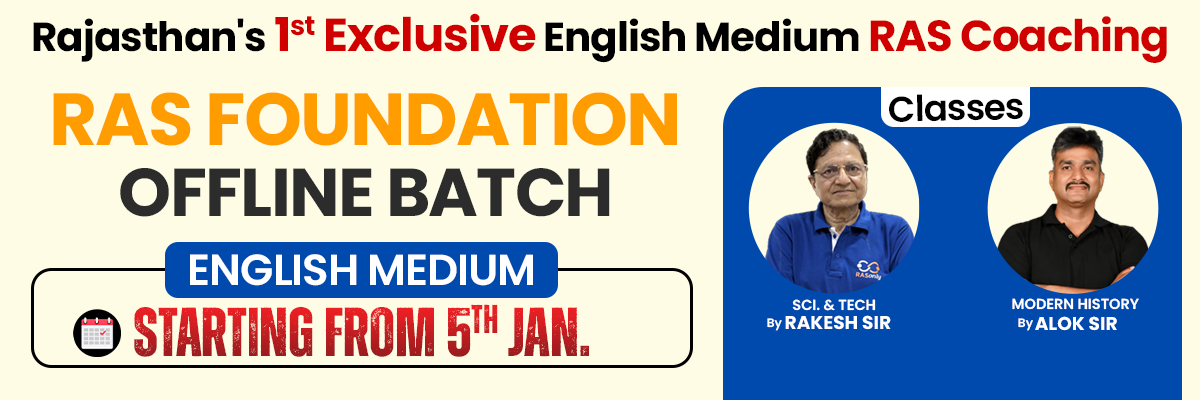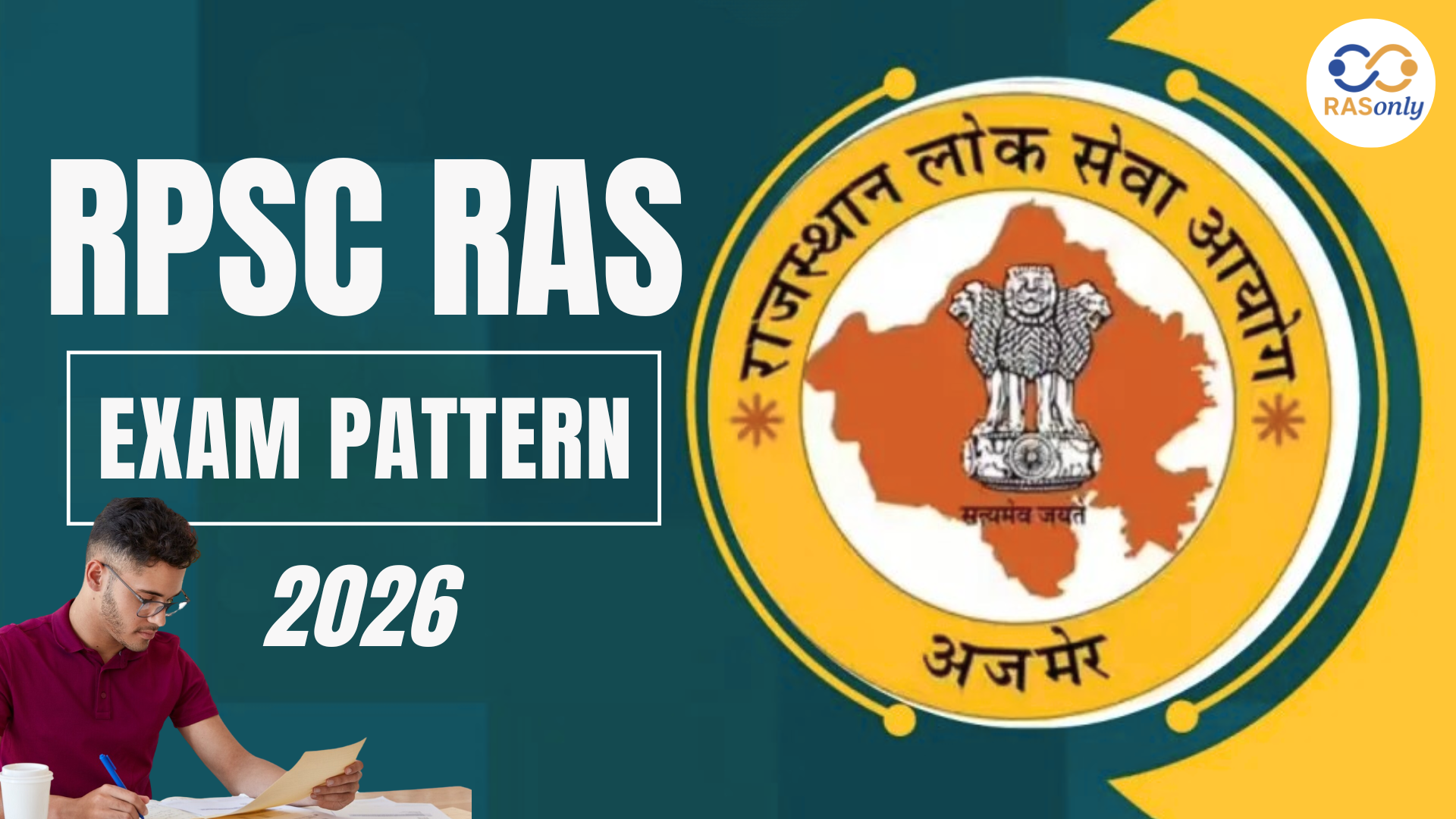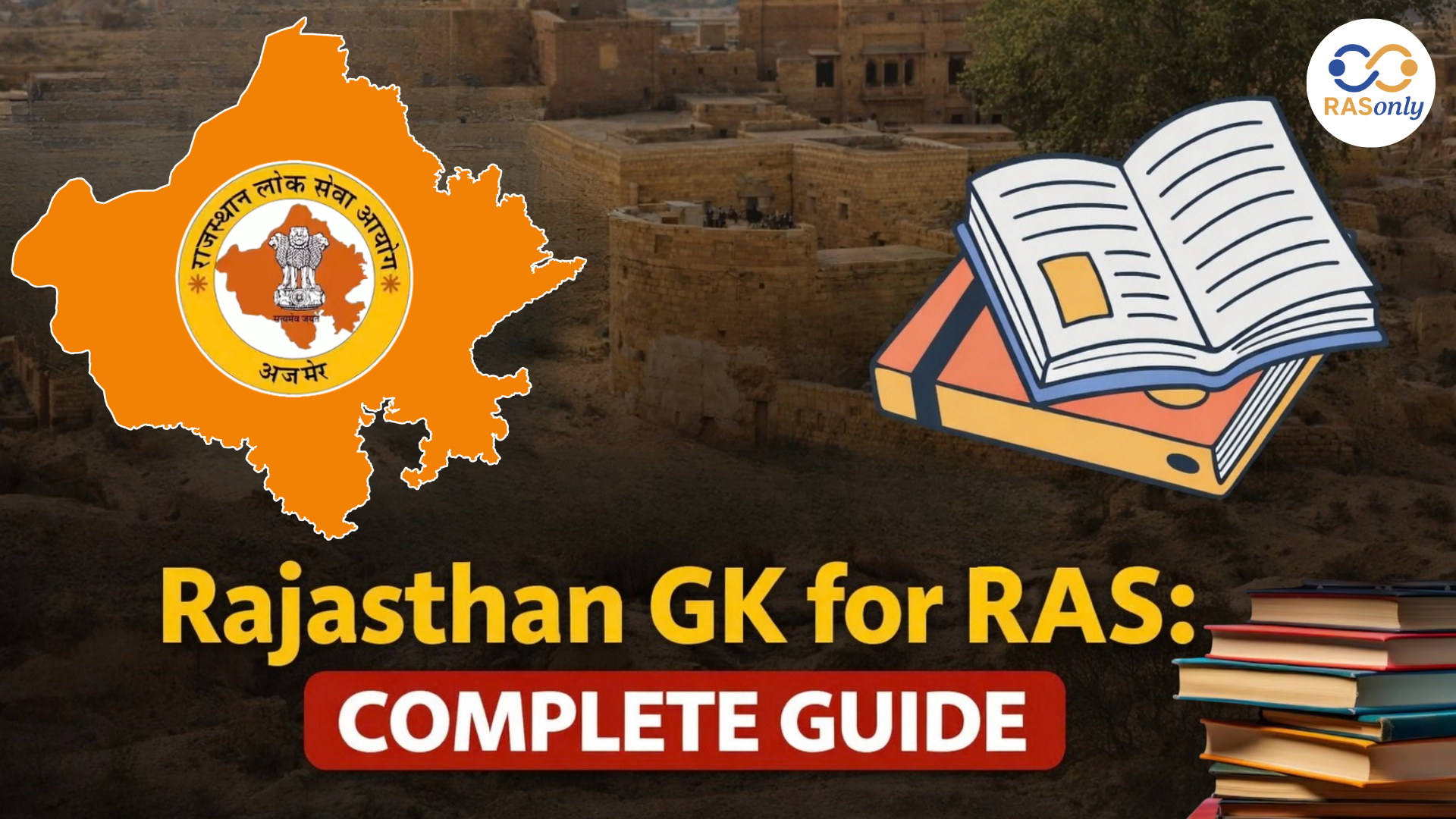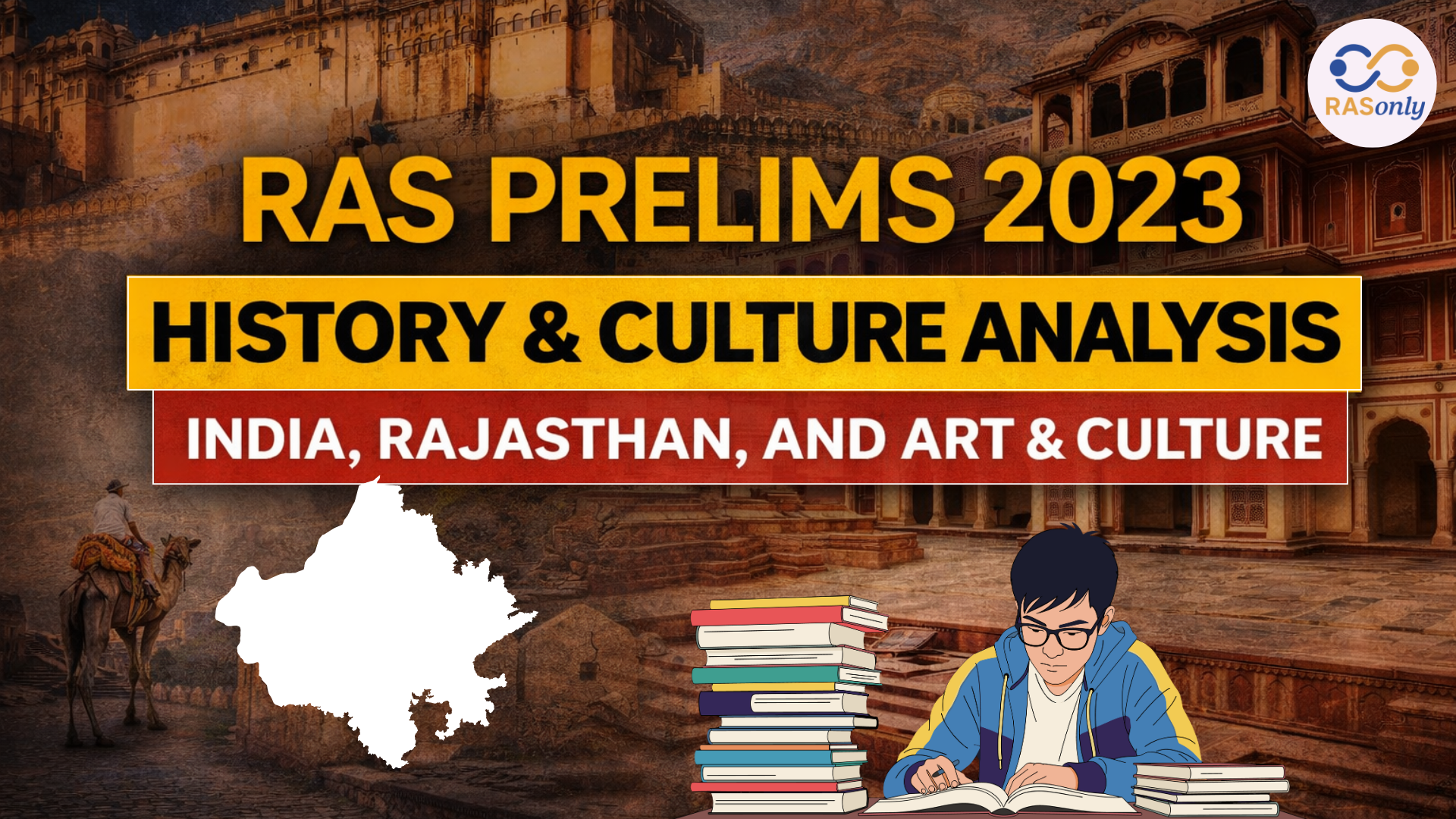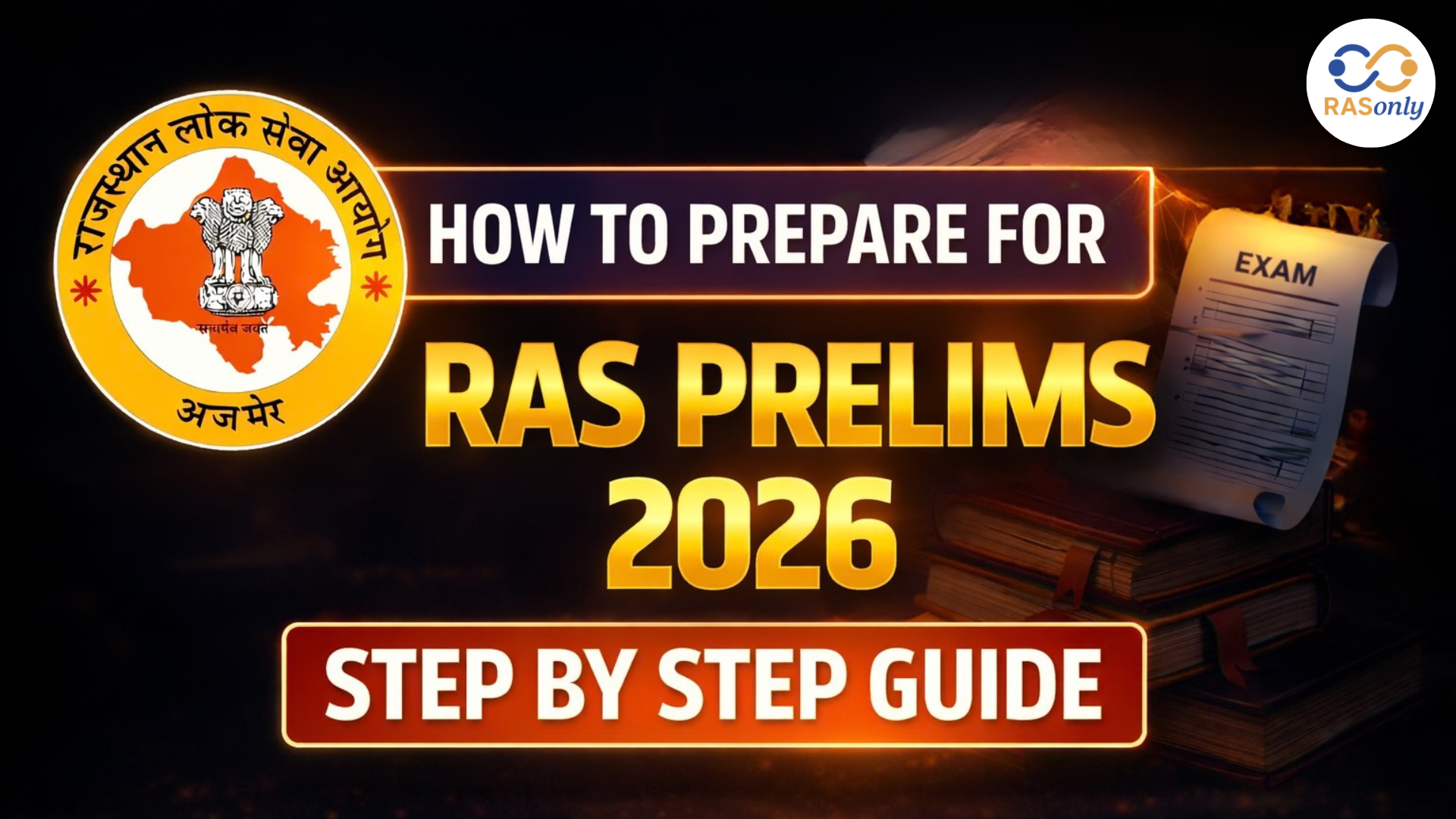RPSC RAS 2026 Subject Wise Exam Pattern for Prelims, Mains & Interview Details
- >
- RAS Preparation Resources
- >
- Communalism in India
Communalism in India

Get in Touch with RASonly!

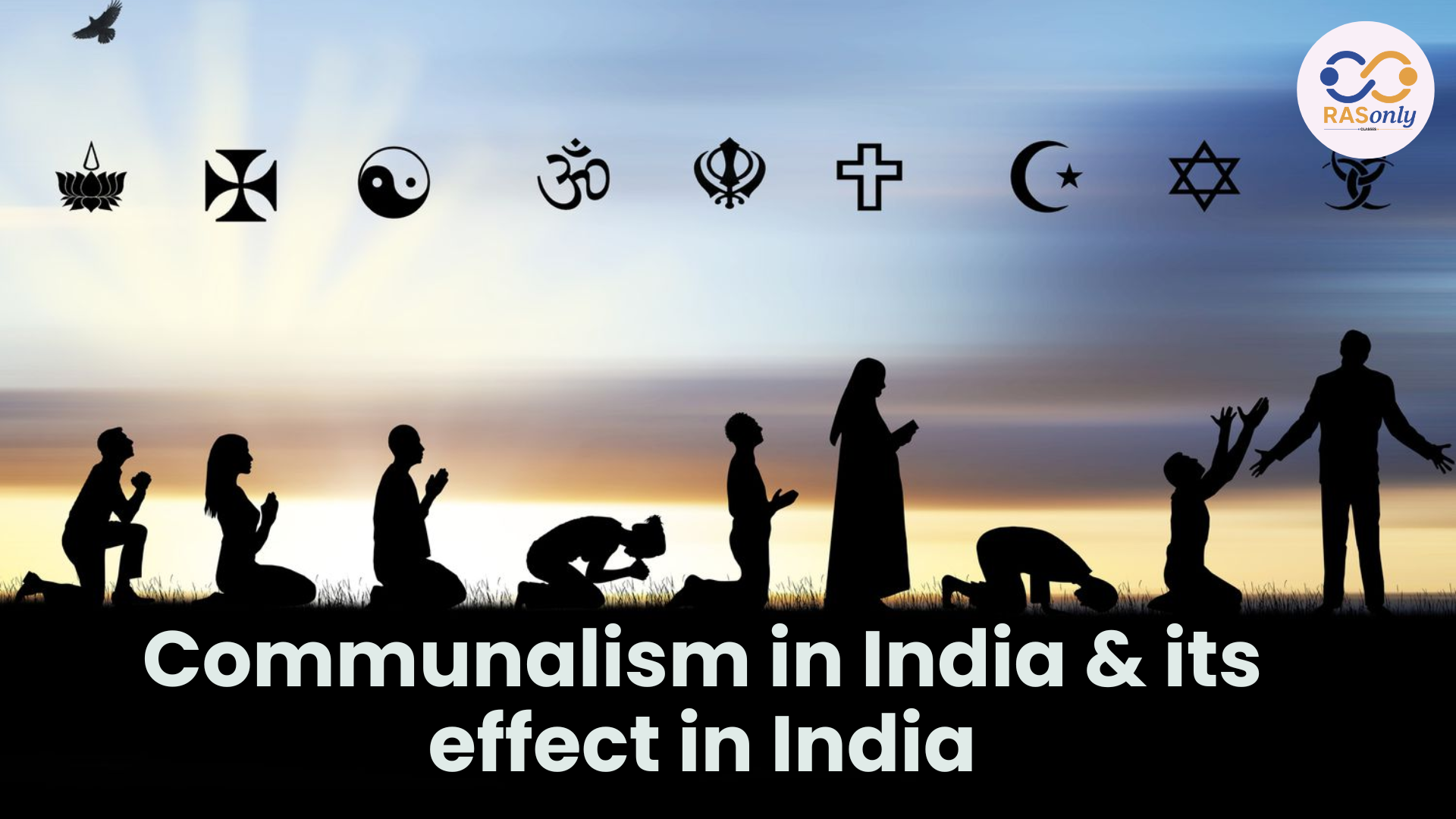
Communalism is a closed-minded dedication to a religious group, which most of the time leads to social segregation and bloodshed. In India, there are historical foundations in the British strategy of divide and rule and it continues after Indian independence because of political exploitation, socio-economic imbalances, and propaganda. Its destructive effect can be pointed out in major events such as the partition, the Babri demolition, and recent riots. Legal and administrative mechanisms have been introduced by the government but communalism has been an issue. It needs to be put under control with a multi-pronged effort conducted in the form of legal, social, educational, and political reforms.
Key Points for RAS Mains
What is Communalism?
- According to communalism, society is separated into religious groups having different interests.
- It propagates the us-and-them way of thinking, which leads to inter-religious tension.
- It frequently causes inter-communal intolerance, hatred, and violence.
- It destroys national unity and creates sectarian religious identity as opposed to citizenship.
- Its effects can be best observed in the historical events such as the Babri Masjid demolition.
Dimensions of Communalism
| Type | Description | Example |
|---|---|---|
| Assimilationist | Minority should merge with dominant culture | Hindu Code Bill applied to Sikhs, Jains |
| Welfarist | Welfare schemes for upliftment of minorities | Jain scholarships, hostels |
| Retreatist | Minority withdraws into its own cultural shell | Community isolation |
| Retaliatory | Minority reacts violently to perceived injustice | Religious clashes |
| Separatist | Demands separate state | Khalistan movement in Punjab |
Development of Communalism
- Pre-Independence:Maturing in the course of the struggle for freedom because of the British policies, demands of the Muslim league, and the socio-religious division.
- Partition of India (1947): Caused extensive violence and preconditioned the development of the subsequent communal tension.
- Post-Independence:
- There is an increase in political abuse (vote-bank politics).
- Remarkable events: Ahmedabad riots (1969), Punjab extremism (1984), Babri demolition (1992), Gujarat riots (2002).
- Its existence is evidenced by such problems as the Kashmir exodus, Delhi riots 2020.
Recent Trends
- Increase in:
- Vigilance and mob lynching
- Fake news and hate speech in the social media
- Minor but violent local restrictions
- Incidents such as the Muzaffarnagar (2013) riots, the Delhi riots (2020) and the Nuh violence (2023)
Factors that lead to Communalism
- 1. Historical Factors
- Colonial policies of the British
- Partition trauma
- Religious reform movements that had communal overtures
- 2. Political Factors
- Vote-bank politics
- Election use of religious identity
- Political appeasing and polarization
- 3. Socio-Cultural Factors
- The difference in culture among the communities
- Discriminatory school and religious instructions
- Increase of intolerance and suspectness
- 4. Economic Factors
- Poverty and unemployment
- Relative deprivation of the minorities (e.g Muslims according to Sachar Committee Report)
- 5. Psychological and Media factors
- Minorities fear and insecurity
- Isolation and ghettoization
- Place of biased media, religious extremism and hate on social media
Government Efforts
- Administerative and preventive measures can be dealt with under Communal Harmony Guidelines (2008).
- National foundation for communal harmony (NFCH): Provide financial and rehabilitative assistance to riot victims
- Legal Measures:
- The IPC Section 153A- Pardons deeds that propagate hostility.
- Capital punishment on mob lynching is now provided in Bharatiya Nyaya Sanhita.
Suggested Measures
- Encourage religious freedom, moral values and secular education.
- Restrict the media and limit hate speech on and offline.
- Establish balanced progress and handle economic inequality.
- Empower the criminal justice to speed up trials and compensations on riots.
- Institutionalize the society in order to create law and order in religious events.
Conclusion for RPSC
Communalism endangers the pluralistic spirit and the national character of India. The nature of its causes demands an underpinning approach which is the package incorporating legal reform, social education and political responsibility. The theme of a harmonious society will be true secularism and inclusive development.
Also Read: Dowry in India
Also Read: Child marriage in India
FAQs
Post Category
- RAS Salary
- Result
- RAS Admit Card
- RAS Job
- RAS Cutoff
- Preparation Tips
- RAS Answer Key
- RAS Exam Analysis
- RAS Syllabus
- RAS Previous Year Papers
- RPSC RAS Exam Pattern
- RAS Interview
- RAS Mains Exam Date
- RAS Vacancy
- RAS Test Series
- RAS Best Books
- RAS Preparation Resources
- RAS Coaching Centre
- History
- Polity
- Geography
- Economics
- Science
- Art and Culture
- RPSC RAS Application Form
- RPSC RAS Notification
RASonly Interview Guidance Program

Mr. Ashok Jain
Ex-Chief Secretary Govt of Rajasthan
- IAS officer of the 1981 batch, Rajasthan cadre.
- Passionate about mentoring the next generation of RAS officers with real-world insights.
- Got retired in Dec 2017 from the post of Chief Secretary of the state of Rajasthan.

Mr. Guru Charan Rai
Ex-ASP / SP in Jaisalmer
- Guru Charan Rai, IPS (Retd), retired as Inspector General of Police (Security), Rajasthan, Jaipur in 2017.
- Served as ASP and SP in Jaisalmer, Nagaur, Sri Ganganagar, Sawai Madhopur, Dausa, Sikar, and Karauli.
- He also held key positions as DIGP and IGP in the Law and Order division.

Mr. Rakesh Verma
Ex-IAS Officer, B.Tech, MBA, and M.A. (Economics)
- IAS officer of the 1981 batch and retired in Chief Secretary Rank.
- Civil servant of high repute and vast experience.
- Has been teaching UPSC CSE subjects for the last six years.
Related Post
Daily Current Affairs for RAS Exam Preparation 2026
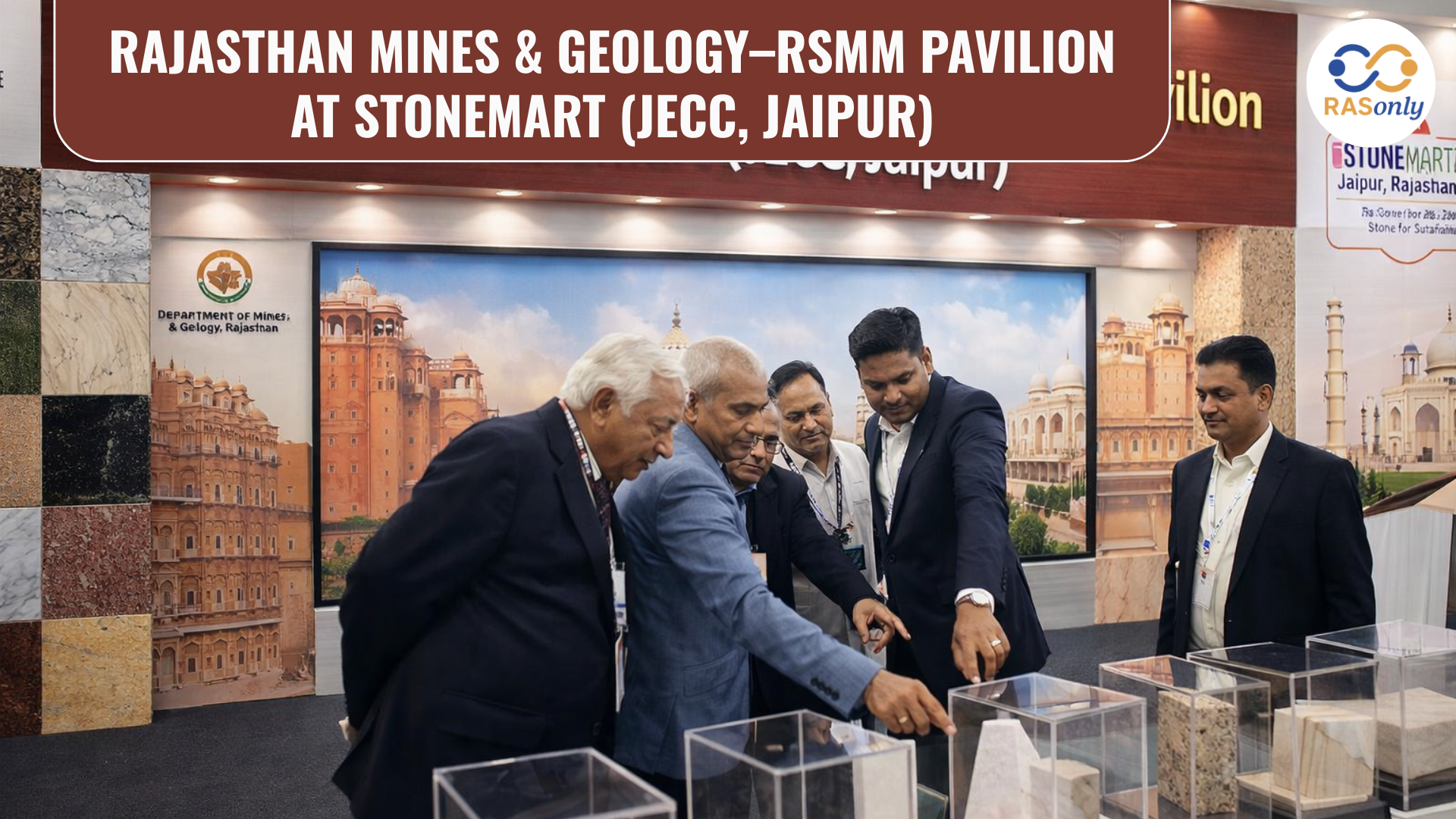
Rajasthan Pavilion Shines at Stone Mart Jaipur 2026
February 07, 2026
Rajasthan Achieves 3,000 MW Under PM-KUSUM Scheme
February 07, 2026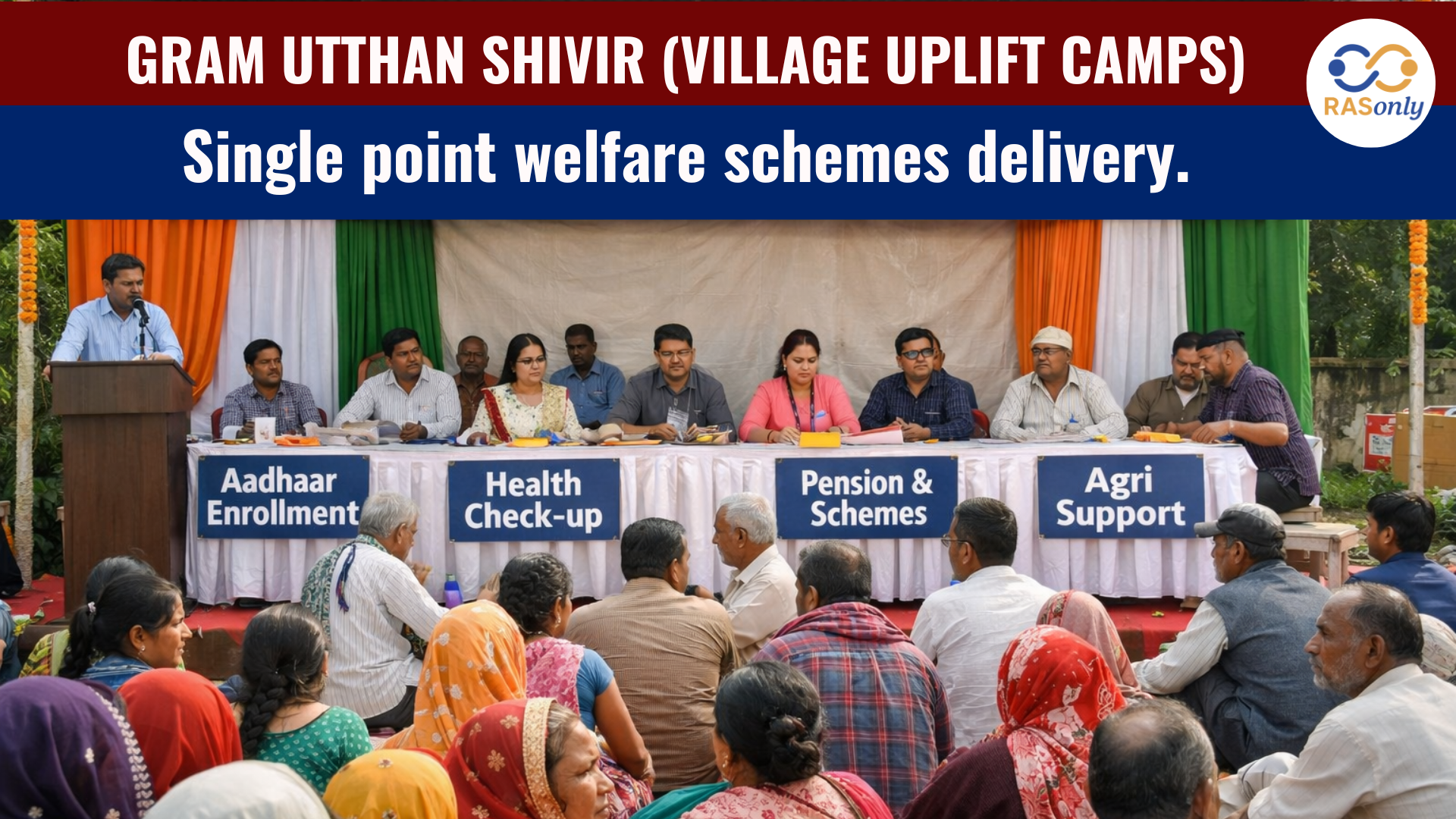
Gram Utthan Shivirs Strengthen Rural Governance in Rajasthan
February 07, 2026
Jaipur Badminton: 72-Minute U-15 Final Creates Record
February 06, 2026👉🏻 Register Today to Join Classes! 👍🏻
- Team RASOnly -
🎯 Benefits of RASOnly Coaching:
- ✅ 1:1 Mentorship with RAS Officers
- ✅ Experienced and Expert Faculty
- ✅ Free Library Access
- ✅ Daily Minimum 4 Hours Must
- ✅ Comprehensive Study Material
- ✅ Regular Tests & Performance Analysis
- ✅ Personalized Guidance & Doubt Solving
- ✅ Online & Offline Class Options
- ✅ Affordable Fees with Quality Education
Key Highlights:
- 👉🏻 3-Day Refund Policy
- 👉🏻 New Batch Starting from 04 August
- 👉🏻 Registration Amount: Only ₹1000




